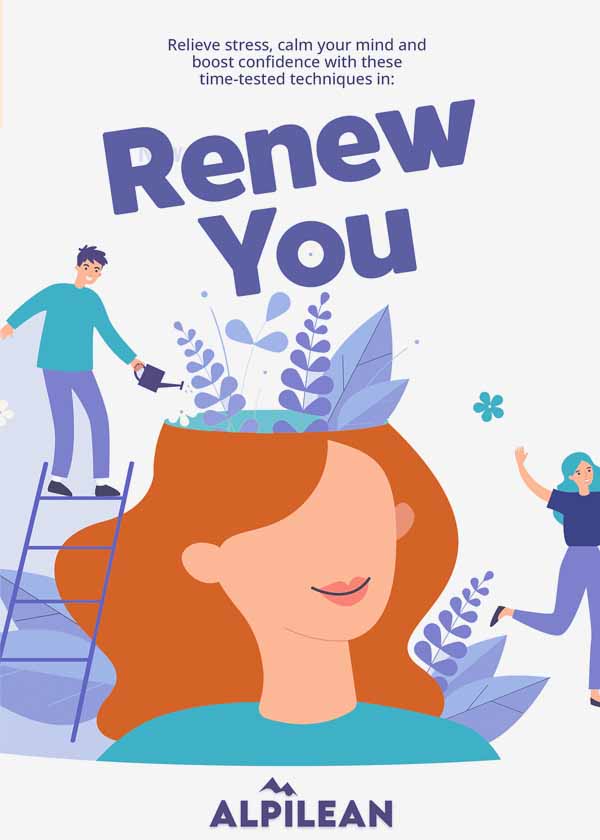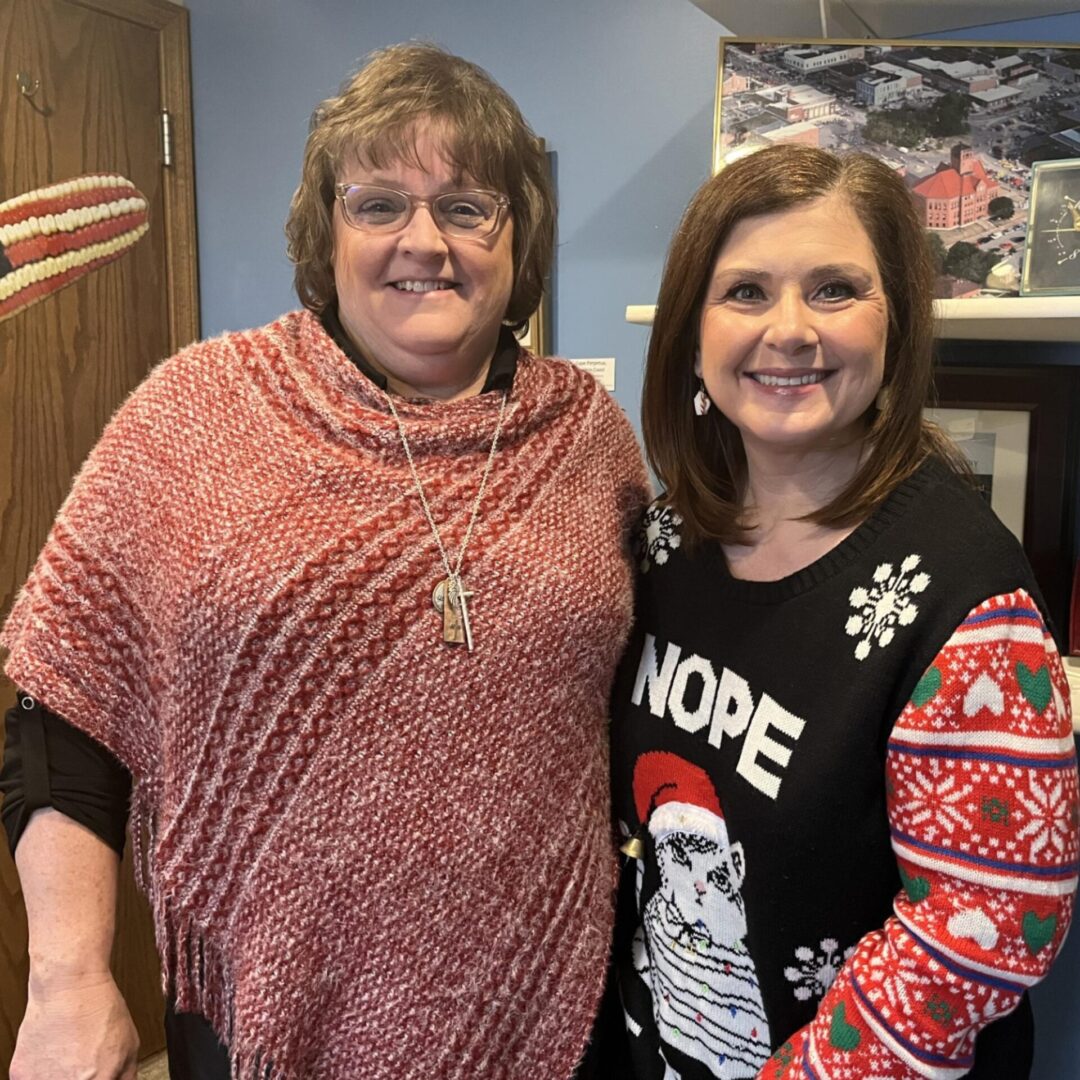October is Domestic Violence Awareness Month. However, for people all around the world, domestic violence is a reality all year long. According to the Centers for Disease Control and Prevention (CDC), about one in four women and one in 10 men have experienced contact sexual violence, physical violence, or stalking by an intimate partner during their lifetime and have reported at least one impact of the violence.
Domestic violence does not discriminate. According to the National Domestic Violence Hotline, people of any race, age, gender, sexuality, religion, education level, or economic status can be a victim, or perpetrator, of domestic violence.
Many people do not realize they are in an abusive until the violence progresses. Furthermore, domestic violence does not just include physical harm.
“The first time somebody pushes you, slaps you in an intimate relationship that is not okay under any circumstances. In sexual relationships, if somebody forces you to have sex against your will. Anybody that isolates you and doesn’t want you to be around your friends anymore you start seeing that, ‘I can’t leave the house.’ Maybe the car keys are taken away from you or they don’t want you to have a job or if you are at a job, they are calling you constantly,” explained Marybeth Evans, licensed clinical social worker, OSF HealthCare.
Because of the stigma surrounding domestic violence, it goes vastly underreported, and there are many different reasons someone may stay in an abusive relationship, including fear, shame, denial, children, finances, and more.
No matter the form of domestic abuse, the first step is recognizing it, and the next step is confiding in someone you trust.
“I think a lot of these victims – both men and women, young and old – I think feel like it is shameful and they tend to keep it in, which basically empowers the person who is abusing them. And I feel like a lot of times that’s the first step that you need to take is you need to trust somebody,” said Evans.
She added, “If you’re working, try to find somebody at work who would keep your confidence. Come to the emergency room. Somebody will help you at that point. You just need to tell somebody. You can’t be alone in abuse because then you become more and more isolated. And if you don’t have a place to go or you don’t think you do, there ARE places to go.”
Whether a victim needs emergent care, or is at a point where they are ready to leave an abuser and need somewhere to go, the emergency department (ED) can provide safety and assistance.
“When they’re at that point of needing to leave, coming to the emergency department is first and foremost a safe place and it’s in a nonjudgmental, supportive environment. And I think that is what is so important,” stated Cheryl Hickey, RN, manager, emergency department, OSF HealthCare.
She continued, “In triage, we standardize our scripting in regards to asking every patient two questions. Number one: Do they feel safe at home? And do they feel safe in their relationship? Depending on those questions, then we move further into helping provide more action.”
The most important thing for victims of domestic violence to know is that it is not their fault, and help is available.
“It’s never their fault if they’re being beaten or abused. I don’t think you can ever blame yourself, but people do. And when they come in and talk about that, basically what I try to do is say, ‘looking back a lot of times you can figure out what you might do differently in the future, but you can’t redo the past. So you don’t have to spend your life being re-abused in your mind or in your heart or in your spirit.’ I try to help people develop a sense of hope,” expressed Evans.
If you or a loved one is suffering from domestic abuse, contact the 24 hour National Domestic Violence Hotline at 800-799-SAFE (7233) or call 911.
Additional Resources:
- A New Direction, Beverly/Morgan Park
- Crisis Center for South Suburbia
- Illinois Department of Human Services
***Report Courtesy of OSF HealthCare***















